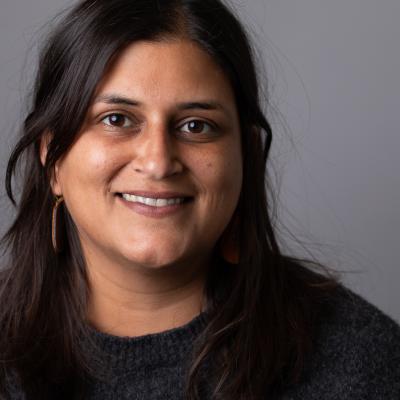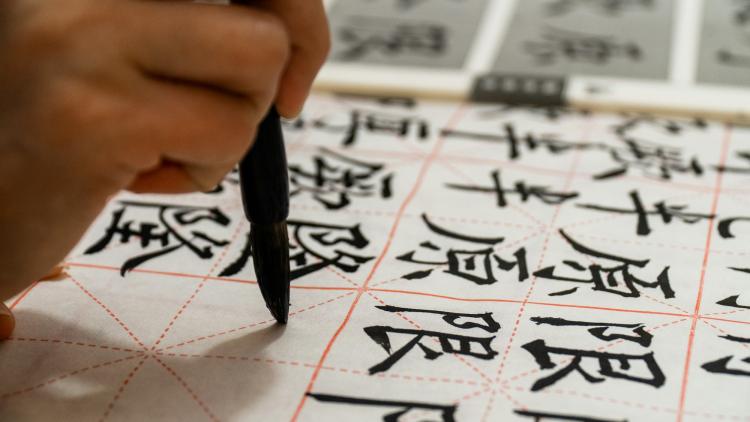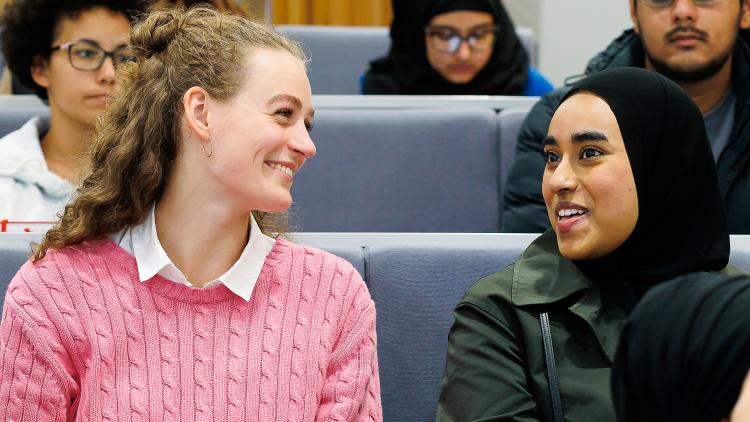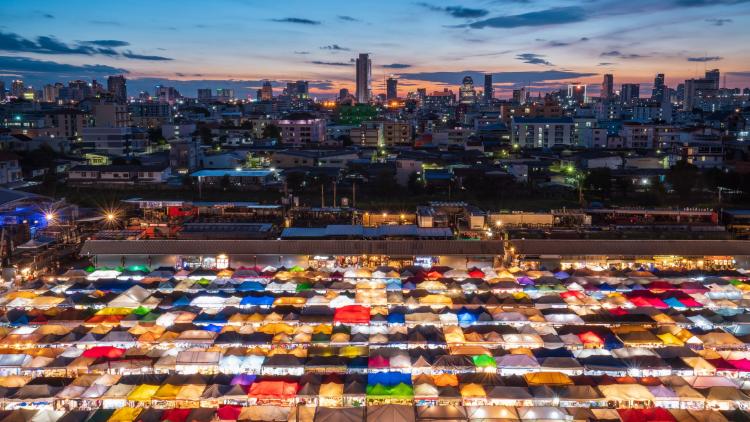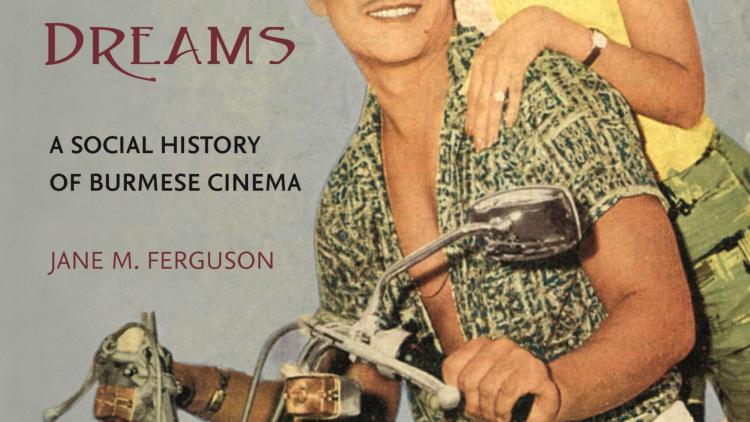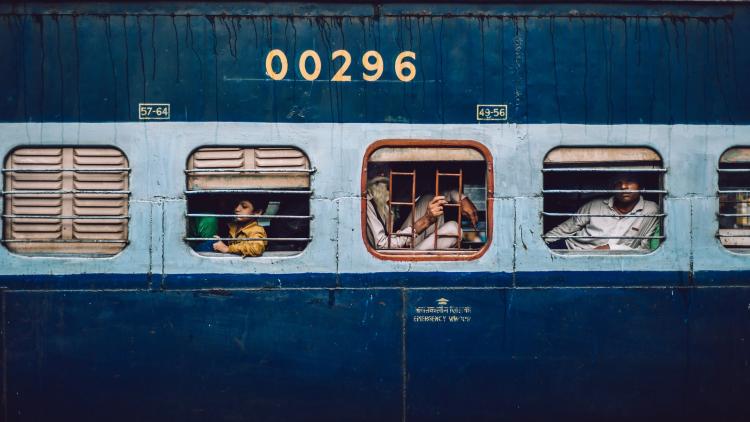MA Comparative Literature



Key information
- Start date
- Duration
- 1
- Start of programme
- September intake only
- Attendance mode
- Full Time
- Location
- SOAS on Campus
- Course code
- Q2U2
- Entry requirements
-
We will consider all applications with a 2:2 (or international equivalent) or higher in social science of humanities subject. In addition to degree classification we take into account other elements of the application such as supporting statement. References are optional, but can help build a stronger application if you fall below the 2:2 requirement or have non-traditional qualifications.
See international entry requirements and English language requirements
Course overview
A radical rethinking of the literature of the world and their relationships to each other.
Go beyond Euro-American literary canons and redefine ‘the classics’. The MA Comparative Literature is an opportunity to study literature from the regions of Africa and Asia. Covering universal themes but in a unique, multi-cultural domain, you will explore a wide range of literature and its place in culture and society.
At SOAS, students will benefit from the regional expertise of academics and be able to engage with literature both through original English language literature and translations of those written in African and Asian languages.
There is also an opportunity for all students to study a language as part of their studies, with languages such as Arabic, Turkish, Hindi, Swahili, Yorùbá, Japanese, Korean and more. However, prior knowledge of an African or Asian language is not a requirement for admission to the MA Comparative Literature.
Study at SOAS and gain a unique understanding of literature outside the euro-centric space.
Why study Comparative Literature at SOAS?
- SOAS is ranked 1st in London and 9th in the UK in the Complete University Guide 2023 for Middle Eastern and African Studies.
- We are ranked 6th in the UK for employability (QS World University Rankings 2023).
- Top 10 in the UK in the Complete University Guide 2023 for African and Middle Eastern Studies.
- Top 5 in the UK in the Complete University Guide 2023 for Asian Studies.
- Modern Languages and Linguistics at SOAS has been ranked 10th in the UK in the Research Excellence Framework (REF) 2021.
- We are ranked 4th for research environment - with 100% of our research ranked as 'internationally excellent' and 85% as 'world-leading' - and 8th for research outputs in the REF 2021.
- SOAS is a specialist in the studies of Africa, the Middle East, South Asia and South East Asia.
- Access comprehensive cross-regional expertise and gain an understanding of the interconnectedness of these regions in an increasingly globalised world.
Structure
Students take 180 credits, 60 of which are a dissertation and a 120 from taught modules. All students take 30 credits of core modules, 15 credits from List A, 45 credits from List B (which may include up to 30 credits of language acquisition modules at appropriate level), and up to 30 credits from the list of postgraduate module open options. .
Programme
Important notice
The information on the website reflects the intended programme structure against the given academic session. The modules are indicative options of the content students can expect and are/have been previously taught as part of these programmes.
However, this information is published a long time in advance of enrolment and module content and availability is subject to change.
Core
Guided options List A
one 15 credit module to be chosen
Guided options List B
45 credits to be chosen from List B modules; may include 30 credits of language acquisition
Teaching and learning
One-year Masters programmes consist of 180 credits. 120 credits are taught in modules of 30 credits (taught over 20 weeks) or 15 credits (taught over 10 weeks); the dissertation makes up the remaining 60 units. The programme structure shows which modules are compulsory and which optional.
Contact hours
As a rough guide, 1 credit equals approximately 10 hours of work. Most of this will be independent study, including reading and research, preparing coursework and revising for examinations. It will also include class time, which may include lectures, seminars and other classes. Some subjects, such as learning a language, have more class time than others. At SOAS, most postgraduate modules have a one hour lecture and a one hour seminar every week, but this does vary.
More information is on the page for each module.
SOAS Library
SOAS Library is one of the world's most important academic libraries for the study of Africa, Asia and the Middle East, attracting scholars from all over the world. The Library houses over 1.2 million volumes, together with significant archival holdings, special collections and a growing network of electronic resources.
Scholarships
Employment
Graduates of the School of Languages, Cultures and Linguistics leave SOAS not only with linguistic and cultural expertise, but also with skills in written and oral communication, analysis and problem solving.
Recent School of Languages, Cultures and Linguistics graduates have been hired by:
- Africa Matters
- Amnesty International
- Arab British Chamber of Commerce
- BBC World Service
- British High CommissionCouncil for British Research in the Levant
- Department for International Development
- Edelman
- Embassy of Jordan
- Ernst & Young
- Foreign & Commonwealth Office
- Institute of Arab and Islamic Studies
- Middle East Eye
- Saïd Foundation
- TalkAbout Speech Therapy
- The Black Curriculum
- The Telegraph
- United Nations Development Programme
- UNHCR, the UN Refugee Agency
- Wall Street Journal
Find out about our Careers Service.
